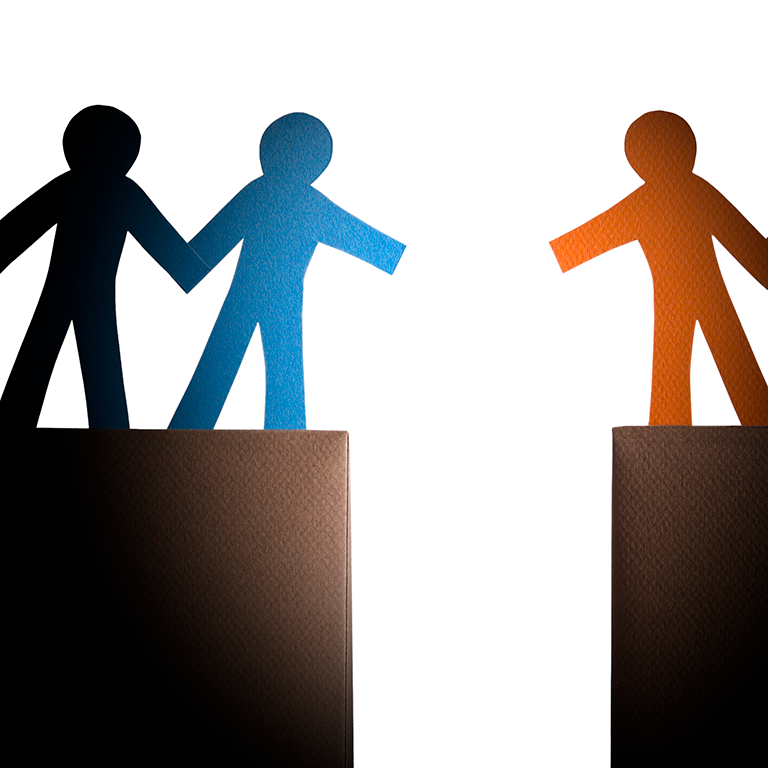 Stigma is defined as “a mark of disgrace that sets a person apart from others.” Ample time and resources have been expended in explaining the proper language to use when talking to and about those with substance use disorders, mental illness, and all those other-isms, but stigma is still inescapable. Why? How long before we need to understand that the language we use is killing people?
Stigma is defined as “a mark of disgrace that sets a person apart from others.” Ample time and resources have been expended in explaining the proper language to use when talking to and about those with substance use disorders, mental illness, and all those other-isms, but stigma is still inescapable. Why? How long before we need to understand that the language we use is killing people?
Only one in twelve people with substance use disorders gets treatment because stigma is one of the key barriers for seeking treatment. Further, treatment decisions are influenced by how addiction is talked about. So society continues to call people “addicts” and “alcoholics,” and people continue to die without treatment.
But who is “society” exactly? To steal a phrase from Pogo, “We have met the enemy and he is us.” The stigma that is killing those with substance use disorders is far too often coming from those with substance use disorders, their family members, and the people who serve them.
I thankfully have not had much occasion to walk around a hospital that specifically serves those who have cancer, but I can’t imagine that I’d hear such things from patients as “I’m not as bad as THAT woman.” Or “I don’t have cancer; my DAD had cancer, and I know what that looked like. That’s not what I have.” Or how about, to the doctor, “It’s just YOUR OPINION that I have cancer. I disagree.”
But, where I work, at my pseudo-hospital that specifically serves those with substance use disorders, that’s what I hear day in and day out. “I’m not an addict; I’m nowhere near as bad as my friends.” Or “My DAD was a drunk. I’m nothing like him!” Or, despite my many years and expertise doing this work, “It’s just YOUR OPINION that I have a substance use disorder. I disagree.”
And so those with SUDs continue to die from their disease because the enemy is us. We spend far too much time pretending that we don’t see a problem or pretending that the problem will simply disappear on its own. It won’t. It’s a DISEASE. The American Society of Addiction Medicine defines it this way: “Addiction is a treatable, chronic medical disease involving complex interactions among brain circuits, genetics, the environment, and an individual’s life experiences. People with addiction use substances or engage in behaviors that become compulsive and often continue despite harmful consequences.”
Our society has a problem remedying stigma so we try to ignore it…which brings on more stigma. Maybe you don’t feel comfortable pointing out someone’s substance use disorder; not many people do. That’s fine! Start talking instead about the harmful consequences you see. “I love you, and I’m scared that your being late to work will cause you to lose your job.” “I love you, and I’m worried that your drinking at the bar so often will cause you to have a car crash.” “I love you, and I’m scared to death that I’ll walk in here and find you dead one day.” It’s OK to talk about the elephant in the living room. In fact, if you really care about someone, it’s pretty much obligatory to do so. And human nature is that the person we say something to will lash out; get mad; deny, deny, deny. It’s pretty much obligatory to do so.
In the context of my work, I’ve been called a “drunk” – loudly – by someone who was mad because her boyfriend was being held accountable for his continued substance use despite an abstinence order to the contrary; I’ve been called stupid more times than I can count because people disagree with my qualified opinion; I’ve been told I’m being judgmental because I’m doing my job assessing a person’s use. And guess what! I didn’t stop doing any of these things. I continue holding people accountable; I keep offering my qualified opinion; I keep assessing and judging.
Until we understand that the enemy is us, our loved ones will continue to die from the treatable disease of addiction.




